
Most teachers' salaries are lower than those of other professions.
The Ministry of Education and Training said that according to current regulations, teachers' salaries are not ranked highest in the administrative career salary scale system, and the majority of teachers are even ranked at a lower salary scale.
Like civil servants in other sectors, teachers' salaries are implemented according to Government regulations in Decree No. 204/2004/ND-CP dated December 14, 2004 on salary regime for cadres, civil servants, public employees and armed forces.
Accordingly, teachers and civil servants in general are subject to the Professional and Technical Salary Table for cadres and civil servants in State-owned enterprises (Table 3), and receive a starting salary corresponding to the training level requirements (type B for intermediate level, type A0 for college level, types A1, A2, A3 for university level and above).

Table 3 has 10 salary scales arranged in order from low to high, corresponding to scale 1 to scale 10 as C1, C2, C3, B, A0, A1, A2.2, A2.1, A3.2, A3.1. In these 10 salary scales, currently only 3 teacher titles are applied with the salary of type A3 civil servants: senior university lecturer, senior vocational education lecturer, senior vocational education teacher, accounting for about 1.17% of the total number of teachers. Meanwhile, this rate in other sectors and fields is about 10% of the total number of civil servants in the sector and field (senior titles).
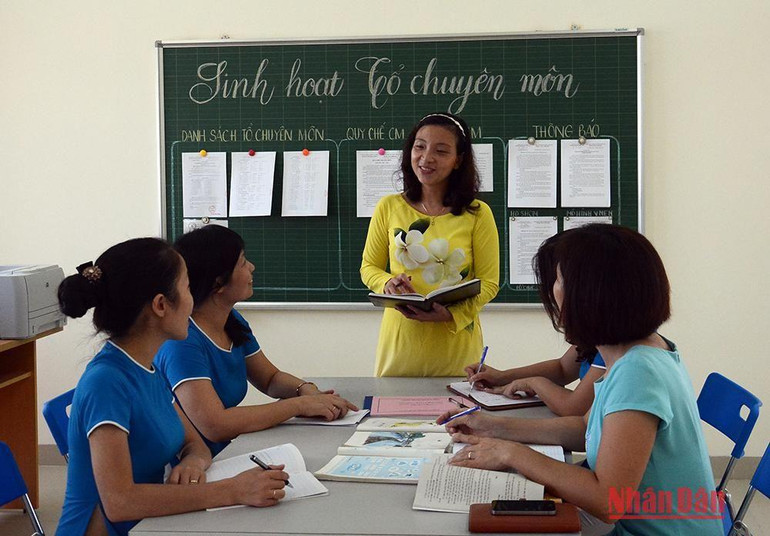
The remaining senior teacher positions (grade I at preschool, general education, continuing education, and university preparatory levels) account for about 8.83% of the total number of teachers, and are only ranked at the salary of type A2 civil servants (equivalent to the title of senior civil servants in other sectors and fields).
Meanwhile, according to the current regulations on the duties of professional titles, the duties of all senior officials in general are similar to those of senior teachers (grade I), which are to develop documents, guide officials of lower grades; act as judges, set questions or give instructions at competitions and contests; be a pioneer group in developing and implementing innovation directions of the industry...
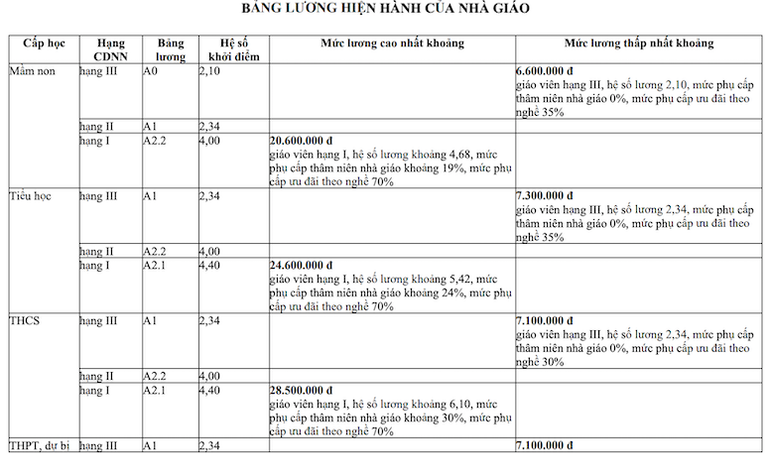

According to the Ministry of Education and Training, when comparing the applied salary scales, it can be seen that the salaries of most teachers (except college and university lecturers, vocational education teachers) are ranked lower than those of civil servants in other sectors such as: Health (doctors, pharmacists), construction (architects, accountants), transportation (road technicians, managers, construction maintenance), justice (resume staff), culture-sports (directors, actors, artists, coaches), science and technology (researchers, engineers), information and communication (reporters, translators, television directors)...
Officials in other sectors are classified into 3-4 ranks (from rank IV to rank I), receiving salaries from A1-A2.1- A3.1 (corresponding to the salary scale 6-8-10). In which, except for medical officials and science and technology officials who require a doctorate or master's degree with rank I, other sectors only require the general education level of officials from rank III to rank I to be university.

Except for university and college lecturers and vocational education teachers, teachers are also divided into 3-4 ranks (from rank IV to rank I), most of whom are receiving salaries from A0-A1-A2.2-A2.1 (corresponding to salary scale 5-6-7-8) and are preschool, general education, university preparatory, and continuing education teachers (accounting for about 88% of the total number of teachers).
Looking forward to a "special salary coefficient" for teachers
In the draft Decree regulating salary policy and allowance regime for teachers, which is being implemented by the Ministry of Education and Training to widely collect comments from relevant agencies, organizations and individuals, one of the outstanding policies is that all teachers in public educational institutions in the national education system are entitled to a "special salary coefficient".
According to the draft Decree, all teachers in public educational institutions in the national education system are entitled to a "special salary coefficient" of 1.15 compared to the current salary coefficient. In particular, preschool teachers are entitled to a special salary coefficient of 1.25 compared to the current salary coefficient;
Teachers teaching at schools and classes for people with disabilities, centers to support the development of inclusive education; primary and secondary boarding schools in land border areas are entitled to a special salary coefficient of 1.2 compared to the current salary coefficient;
Teachers teaching at schools, classes for the disabled, and centers supporting the development of inclusive education for preschool children are entitled to a special salary coefficient of 1.3 compared to the current salary coefficient.
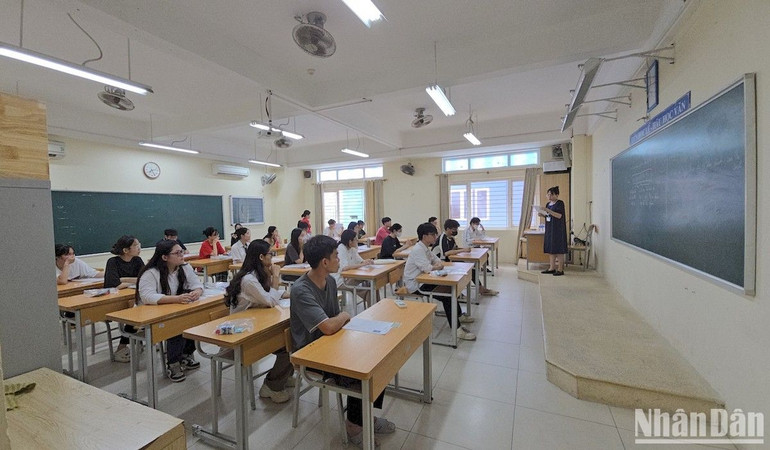
"The issue of teachers' salaries can only be fundamentally resolved when the Government issues a new salary policy and rearranges the salary scale of teachers and other civil servants," the Ministry of Education and Training affirmed.
However, in the context that the Government has not yet issued a new salary policy, it is necessary to issue regulations on specific salary coefficients (as the draft Decree regulating salary policy and allowance regime for teachers is expected).
“Although the special salary coefficient does not help teachers' salaries to be ranked 'highest', it will help teachers' salaries to be ranked 'higher' than civil servants with the same applicable salary scale,” the Ministry of Education and Training stated its opinion and said that the teaching staff nationwide is looking forward to the consensus of competent authorities on the regulation of "special salary coefficient" to gradually resolve the shortcomings of the current salary scale system and this is also a necessary regulation to realize the policy of "teachers' salaries being ranked highest in the administrative career salary scale system".
Source: https://nhandan.vn/bo-giao-duc-va-dao-tao-can-thiet-co-he-so-luong-dac-thu-cho-nha-giao-post921079.html



![[Photo] Prime Minister Pham Minh Chinh receives the delegation of the Semiconductor Manufacturing International (SEMI)](https://vphoto.vietnam.vn/thumb/1200x675/vietnam/resource/IMAGE/2025/11/06/1762434628831_dsc-0219-jpg.webp)
![[Photo] Closing of the 14th Conference of the 13th Party Central Committee](https://vphoto.vietnam.vn/thumb/1200x675/vietnam/resource/IMAGE/2025/11/06/1762404919012_a1-bnd-5975-5183-jpg.webp)







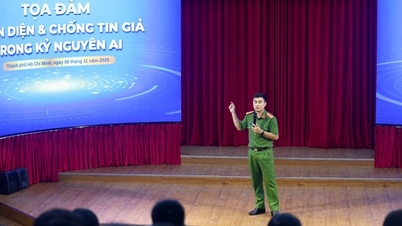



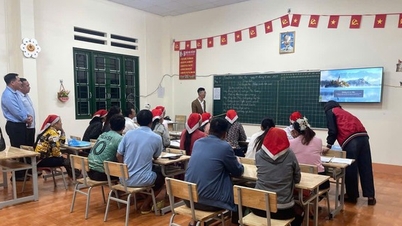





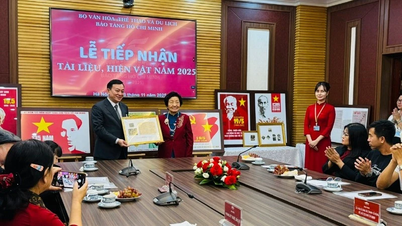
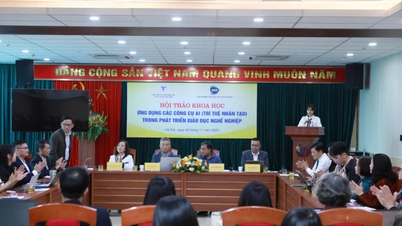

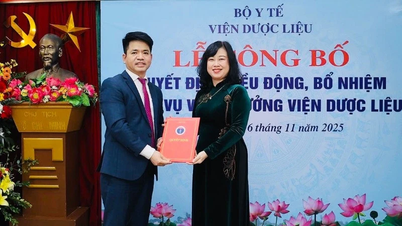







































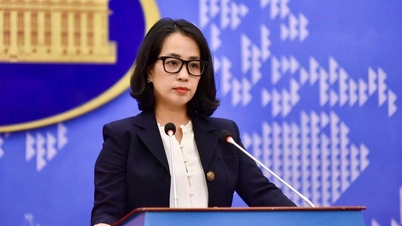
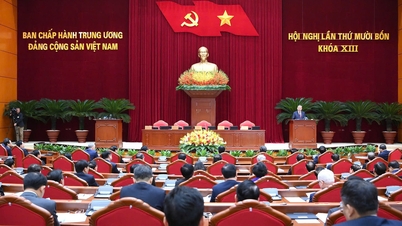

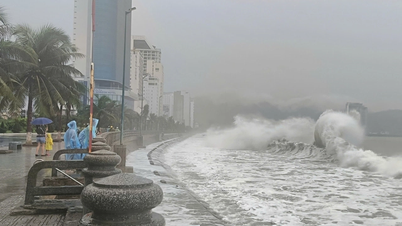
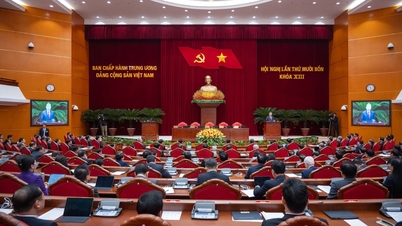












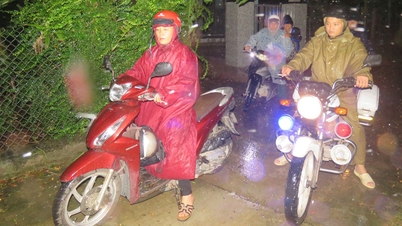


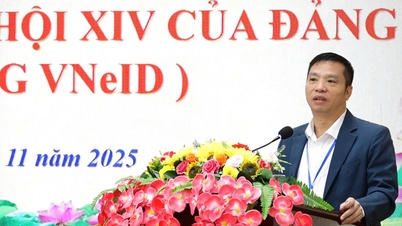
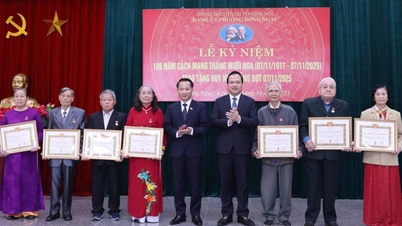














Comment (0)